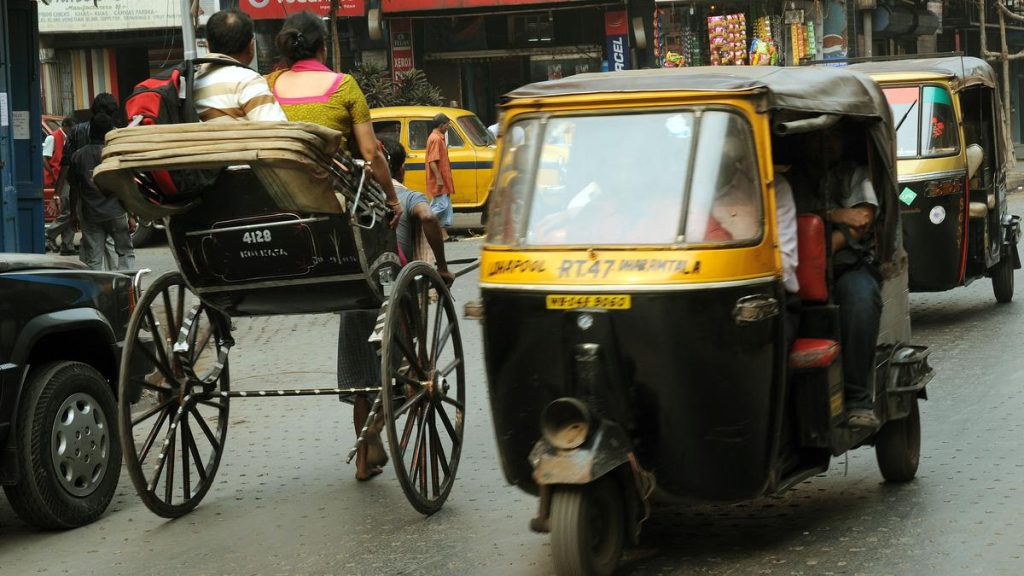Now Reading: Meda Advances the Vision of Carbon-Neutral Homes
-
01
Meda Advances the Vision of Carbon-Neutral Homes
Meda Advances the Vision of Carbon-Neutral Homes
Speedy Summary
- ‘Meda,’ a carbon-neutral home: Babu Parambath and his wife Valsala built the first certified carbon-neutral home in kerala, located in Vengeri, kozhikode. It achieved a net carbon sink status of -1.43 tonnes of CO2 equivalent, as assessed by the Center for Water Resources Development and Management (CWRDM).
- Key sustainability measures:
– Solar panels generate energy for the Kerala State Electricity Board grid.
– A kitchen garden supports self-sufficiency in most vegetables while providing monthly earnings of ₹8,000 by selling excess produce.
– Complete waste management includes biogas plants processing food waste sourced from neighbors and composting mechanisms for dry leaves and egg shells.
– Rainwater harvesting ensures soil-water recharge year-round.
– Tree planting further absorbs residual carbon dioxide around the premises.
- Recognition event: The assessment report is set to be released by Kozhikode Mayor Beena Philip on August 4 at CWRDM headquarters in Kunnamangalam.
- Promoter of green initiatives: Mr. Parambath pioneered sustainable practices such as organic farming and was instrumental in promoting ‘green homes’ under Haritha Keralam Mission, impacting over one lakh households across Kerala.
Indian Opinion Analysis
The creation of Meda reflects how individual-driven initiatives can considerably contribute to combating climate change while optimizing resource utilization. by achieving measurable carbon neutrality thru innovative methods-like integrated waste management, solar power reliance, rainwater harvesting, and afforestation-the project sets an actionable model for sustainable living that other households can emulate.
In socio-economic terms, Meda’s practices exemplify how environmental ethics can be cost-effective; its kitchen garden yields not only nourishment but also provides supplemental income. Moreover, fostering community collaboration by involving neighboring houses highlights a scalable approach to localized sustainability solutions.
Significantly recognized by reputable scientific agencies like CWRDM under KSCSTE underscores its credibility as more than just a symbolic effort but instead as an evidence-based intervention toward environmental restoration. If replicated widely across India’s urban-rural continuum or adapted region-specific best practices from this model-it could address issues like resource scarcity or high per capita emissions effectively.The upcoming public release of findings promises further dialog at institutional levels about mainstreaming such principles within building guidelines statewide-a potential watershed moment pushing India closer toward its climate goals sustainably.
Read more: Link

























